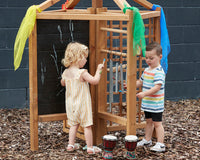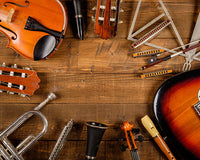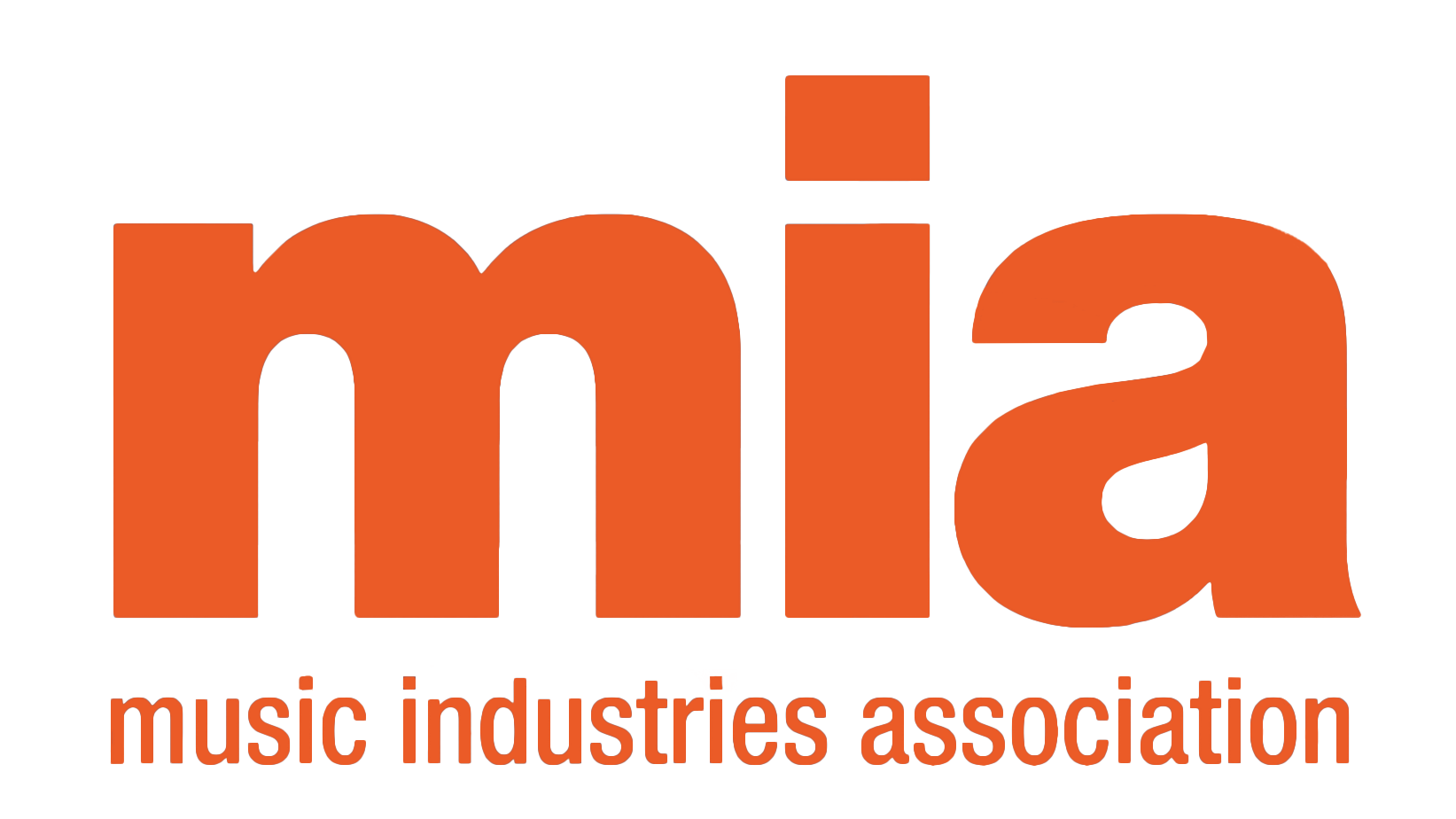As a novice pianist, one of your first acts will be to
buy an instrument. However, if you have never made such a purchase before, then you are going to need some tips on choosing the best
Digital Piano for beginners. Fortunately, it is easier than you might imagine.
All the guidelines that you require can be found in the points below:
1. Consider the Keyboard Action
One of the more important elements in a digital piano for beginners is keyboard action and the corresponding touch response. Understand, when selecting a digital piano, you must find one that can mimic the feel of an acoustic instrument as closely as possible.

Thus, these are the three terms that you need to watch out for when selecting a digital piano:
- Semi-weighted
- Weighted
- Fully weighted
With weighted and semi-weighted keys, there is something known as “hammer action”. This is where a mechanical hammer is embedded within the keys. Such a feature produces a slight thunk when you press on the key.
Fully weighted keys go one step further. They consisted of graduated weighting keys. This way, the lower octave keys have greater weight than higher octave ones. This is known as the “graded hammer action”.
Understanding Touch Response
You must also pay equal attention to the touch response of a digital piano. Essentially, you need the digital piano to sense the difference in velocity when you are playing. A cheaper piano will have volume level switches, but these aren’t all that useful.

Instead, you should look for models that have knob or slider volume controls. These adjust the overall output of the piano. They are far better predictors of your velocity. Thus, you should look for this feature if you want a better sounding piano.
If you plan on playing the piano at night, consider getting a
good piano lamp, because budget ones simply won’t cut it.
2. Verify the Sound Quality
While acoustic pianos actually produce a sound when you hit a key, digital pianos are more like recordings. Due to this, you must pay attention to these factors when selecting a piano as a novice:
- The number of speakers
- The digital memory
Number of Speakers
Digital pianos will have between two and six speakers. The greater the number of speakers, the more realistic the piano sound. Of course, as a beginner, you will not require incredible sound quality. At the same time, you have to remember that your playing will improve in time.

As such, it would make sense to invest in a slightly higher sound quality. So, if you can afford the investment, you may want to opt for a piano that has around four speakers. This will save you the trouble of needing to buy a new piano as your skills improve.
Digital Memory
As mentioned, digital pianos consist of sound samples. Now, higher quality sound samples take up more memory storage. This is why it is a good idea to look for a piano that has a higher storage capacity. Such an instrument will have the necessary space to produce a high resolution sound.
3. Examine the Polyphony
Polyphony refers to the number of notes that a piano can play at once. When you reach the polyphony cap as you play, the piano will drop the earlier notes so that there is room for the newer ones being played. This, however, produces a sound that isn’t nearly as rich.

This is why you should look for a digital piano that has at least 32-note polyphony. If you are interested in creating a more complex sound, then you can opt for a 64-note polyphony as well. Keep in mind, of course, that such a piano would cost more.
4. Keep the Sounds and Tones to a Minimum
Modern digital piano for beginners models have more sounds and tones than ever before. Thus, you can find samples of all kinds of instruments. As such, it can be tempting to select a model that has a greater number of tones. Nevertheless, this isn’t the right move for you.

In the beginning, these tones and sounds can be rather fun to play around with. As your piano skills improve, though, you won’t rely on them as much and will stick to the basic tones. In this way, the tones won’t be quite as important to you anymore.
5. Look for Learning Tools
There are some digital pianos that are equipped with learning tools. These could include displays that show the chords as they are being played. Or, it could be a built-in metronome. There are even some models that will allow you to split the keyboard into separate sections.

It is a good idea to get a piano that has learning tools. This will make it a lot easier to practice when you don’t have a teacher beside you. Thus, you will be able to go from a beginner to a pro at a much faster pace.
These are the top tips to pay attention to when selecting a digital piano as a novice. Stick with these guidelines and you will be able to find the perfect instrument for your capabilities.

 Thus, these are the three terms that you need to watch out for when selecting a digital piano:
Thus, these are the three terms that you need to watch out for when selecting a digital piano:
 Instead, you should look for models that have knob or slider volume controls. These adjust the overall output of the piano. They are far better predictors of your velocity. Thus, you should look for this feature if you want a better sounding piano.
If you plan on playing the piano at night, consider getting a good piano lamp, because budget ones simply won’t cut it.
Instead, you should look for models that have knob or slider volume controls. These adjust the overall output of the piano. They are far better predictors of your velocity. Thus, you should look for this feature if you want a better sounding piano.
If you plan on playing the piano at night, consider getting a good piano lamp, because budget ones simply won’t cut it.
 As such, it would make sense to invest in a slightly higher sound quality. So, if you can afford the investment, you may want to opt for a piano that has around four speakers. This will save you the trouble of needing to buy a new piano as your skills improve.
As such, it would make sense to invest in a slightly higher sound quality. So, if you can afford the investment, you may want to opt for a piano that has around four speakers. This will save you the trouble of needing to buy a new piano as your skills improve.
 This is why you should look for a digital piano that has at least 32-note polyphony. If you are interested in creating a more complex sound, then you can opt for a 64-note polyphony as well. Keep in mind, of course, that such a piano would cost more.
This is why you should look for a digital piano that has at least 32-note polyphony. If you are interested in creating a more complex sound, then you can opt for a 64-note polyphony as well. Keep in mind, of course, that such a piano would cost more.
 In the beginning, these tones and sounds can be rather fun to play around with. As your piano skills improve, though, you won’t rely on them as much and will stick to the basic tones. In this way, the tones won’t be quite as important to you anymore.
In the beginning, these tones and sounds can be rather fun to play around with. As your piano skills improve, though, you won’t rely on them as much and will stick to the basic tones. In this way, the tones won’t be quite as important to you anymore.
 It is a good idea to get a piano that has learning tools. This will make it a lot easier to practice when you don’t have a teacher beside you. Thus, you will be able to go from a beginner to a pro at a much faster pace.
These are the top tips to pay attention to when selecting a digital piano as a novice. Stick with these guidelines and you will be able to find the perfect instrument for your capabilities.
It is a good idea to get a piano that has learning tools. This will make it a lot easier to practice when you don’t have a teacher beside you. Thus, you will be able to go from a beginner to a pro at a much faster pace.
These are the top tips to pay attention to when selecting a digital piano as a novice. Stick with these guidelines and you will be able to find the perfect instrument for your capabilities.





















